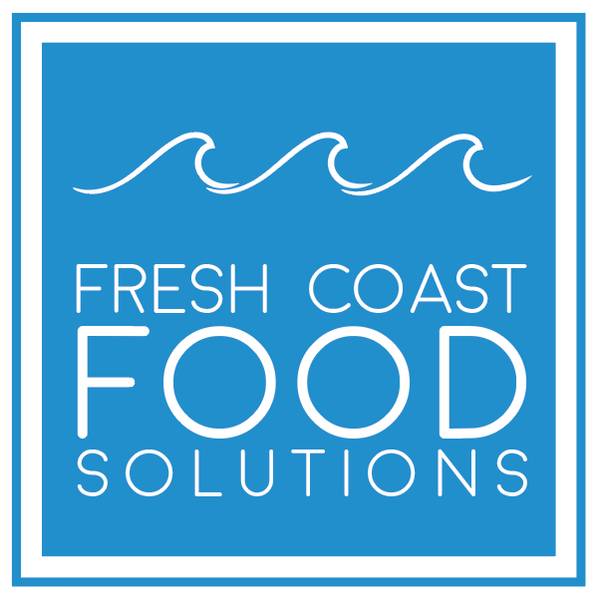Food Safety Modernization Act (FSMA) is a critical food safety regulation within the food industry, ensuring that all products reaching consumers are safe and unadulterated. Among the many regulations and standards governing FSMA, Rule 204 stands out for its comprehensive approach to tracking and managing food safety products throughout the supply chain.
FSMA Rule 204
FSMA Rule 204 focuses on enhancing traceability within the food supply chain. It mandates that all food producers, processors, and distributors implement systems to trace the path of food items from their origin to the end consumer. The rule is designed to improve the ability to quickly identify and address potential food safety issues, minimizing the risk of contamination and ensuring swift corrective actions when problems arise.
Components of FSMA Rule 204
-
Comprehensive Record-Keeping: Rule 204 requires detailed documentation at every stage of the food supply chain. These stages are called the Critical Tracking Events (CTE), they include: harvesting, cooling, initial packing, first land-based receiver (food received from fishing vessels), shipping, receiving, and at transformation.
2. Enhanced Traceability Systems: Companies must maintain and share Key Data Elements (KDE) within the industry and be able to provide an electronic copy of the data within 24 hours to the FDA. KDEs vary depending on which CTE your facility is performing, they include but are not limited to: location description, quantity and unit measure, harvest date range, lot code, and date you shipped the food.
3. Supplier Programs: If you receive a product for a vendor that is exempt from this rule these are the KDEs that must be completed and acquired: Traceability lot code for the food, which you must assign if one has not already been assigned (does not apply to RFEs or restaurants). Quantity and unit of measure of the food. Product description for the food. Location description for the immediate previous source (other than a transporter) for the food. Location description for where the food was received (i.e, traceability lot code source) and (if applicable) traceability lot code source reference. The date you received the food. Reference document type and reference document number.
4. Food Traceability List (FTL): Here is a link to the US FDA food traceability list to see if your product or products are on the list. https://www.fda.gov/food/food-safety-modernization-act-fsma/fsma-final-rule-requirements-additional-traceability-records-certain-foods
Benefits of FSMA Rule 204
The implementation of FSMA Rule 204 offers several significant benefits:
Improved Public Health Protection: Enhanced traceability at the lot code level will help reduce the likelihood of spreading foodborne illness outbreaks through quickly locating and recalling contaminated products out of commerce with greater efficiency.
Swift Response to Contamination: Detailed record-keeping and advanced traceability systems allow for quick identification and isolation of contaminated products, facilitating rapid recalls. Through quicker responses, sources of contamination and specific products from specific vendors will be able to be identified. This allows the markets to rebound quickly while enhancing public health protection.
Root Cause Analysis: Because of the swifter responses the FDA investigators will be more likely to identify the root cause of the product adulteration and apply corrective actions and learnings for the whole industry to improve food safety practices.
Regulatory Compliance: FSMA’s Rule 204 will start in January 2026. To ensure your organization is prepared, you must start building policies and procedures to align with this regulation. For organizations that are still using antiquated warehouse management systems; procuring, testing, and implementing these electronic systems will be a heavy lift to accomplish by the activation date.
In conclusion, FSMA Rule 204 will be a vital component of the food safety framework, aiming to ensure that the food supply chain is transparent, traceable, and safe. By implementing its requirements, the food industry can significantly enhance its ability to protect consumers through swift recall of adulterated and potentially hazardous foodstuffs.
Looking for help in complying with FSMA Rule 204 reach out to us at Fresh Coast Food Solutions.

